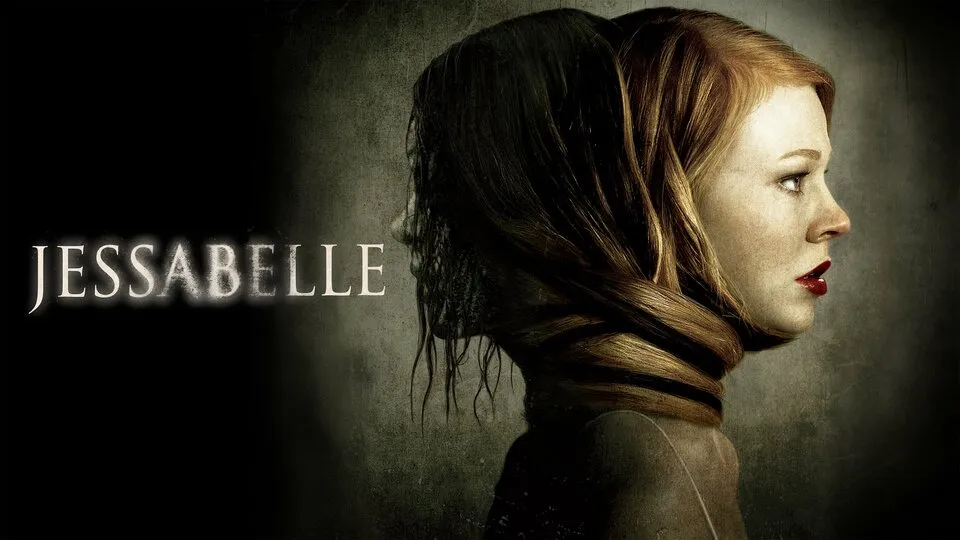The Last Station reveals that even immortality cannot silence the heart’s desires.
“The Last Station” (2009), directed by Michael Hoffman, is a historical drama that captures the final year in the life of Russian literary giant Leo Tolstoy. Blending romance, philosophy, and political intrigue, the film portrays not only the end of an extraordinary man’s life, but also the turbulent struggle over his ideals, legacy, and marriage.
The story follows Tolstoy (Christopher Plummer) as he enters the last stage of his life, having renounced material wealth and embraced a philosophy of pacifism and simplicity. This decision, however, creates deep conflict with his wife, Countess Sofya (Helen Mirren), who fears losing both her husband’s affection and the family’s inheritance. Their marriage—passionate, stormy, and filled with decades of love and resentment—becomes the emotional heart of the film.
Caught in the middle is Valentin Bulgakov (James McAvoy), Tolstoy’s devoted secretary, who admires his master’s ideals but is torn between loyalty to Tolstoy and sympathy for Sofya. As rival factions within Tolstoy’s inner circle fight over his writings and influence, Valentin becomes both witness and participant in a struggle that will shape the writer’s enduring legacy.
Visually lush and emotionally powerful, The Last Station captures both the grandeur of Tolstoy’s world and the intimate fragility of human relationships. Plummer and Mirren deliver masterful performances, embodying a marriage both tender and tumultuous, where love and ideology collide.
Ultimately, The Last Station (2009) is a meditation on love, truth, and the meaning of legacy. It reminds audiences that even the greatest minds are not immune to the struggles of the heart, and that behind every philosophy lies the personal battle of living it.



-1751343519-q80.webp)